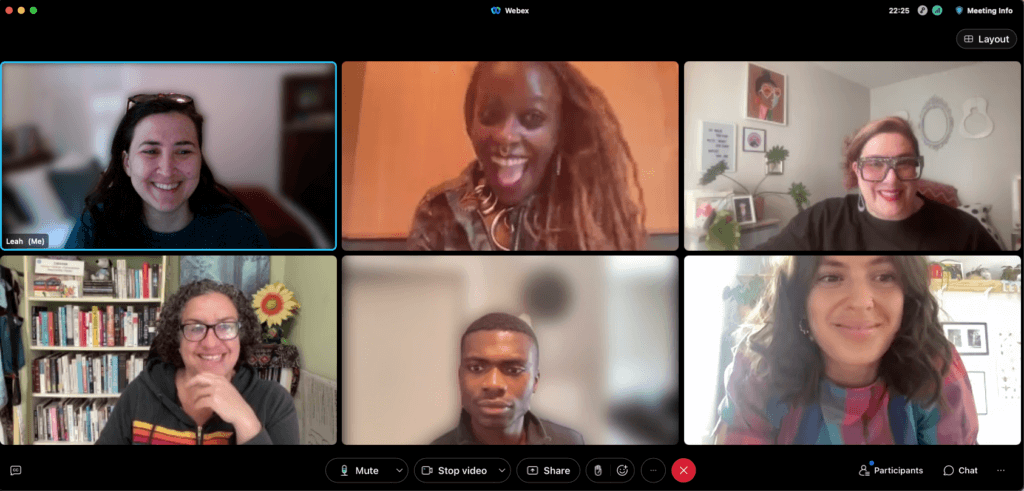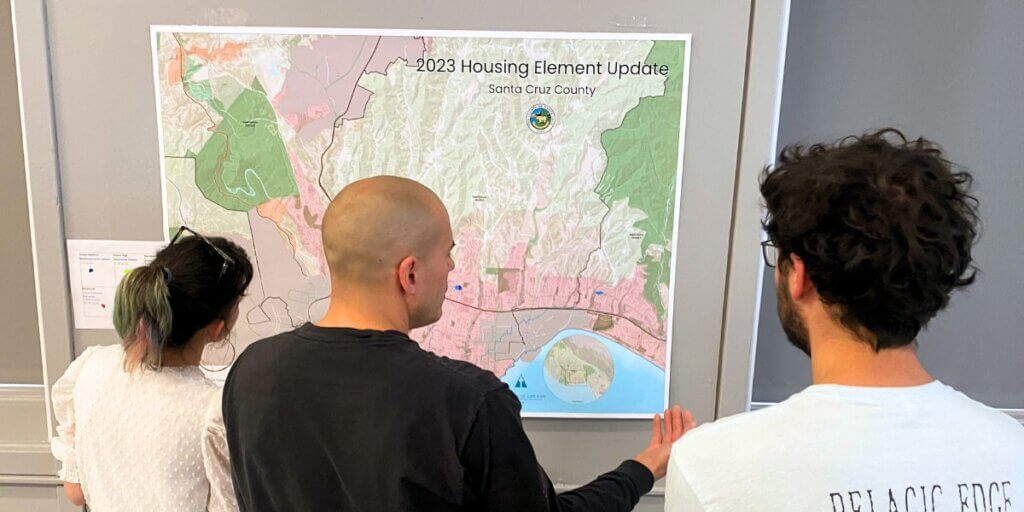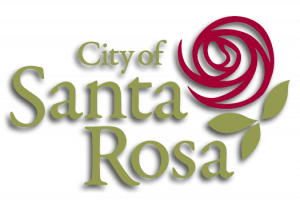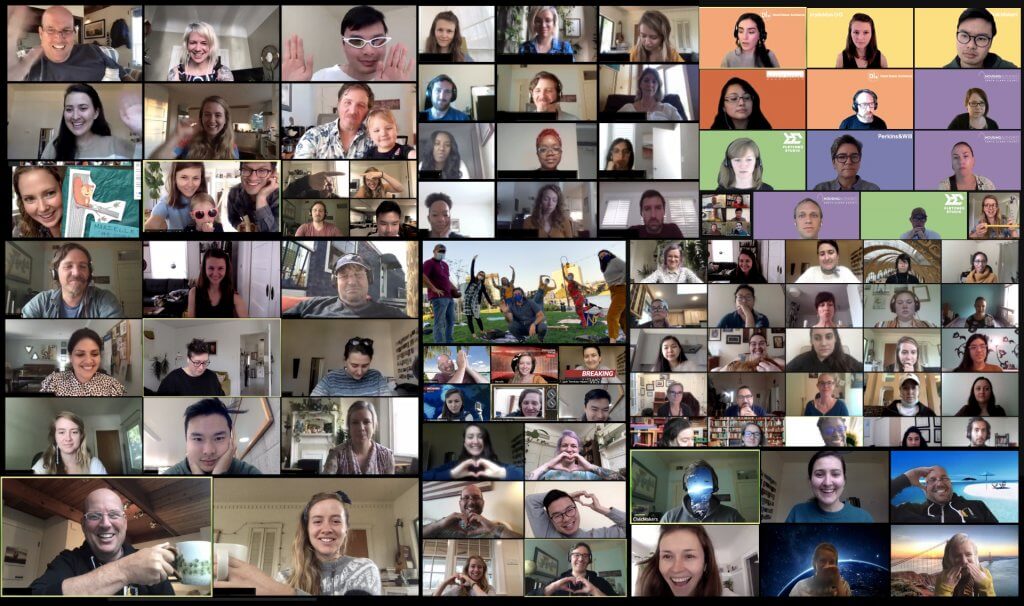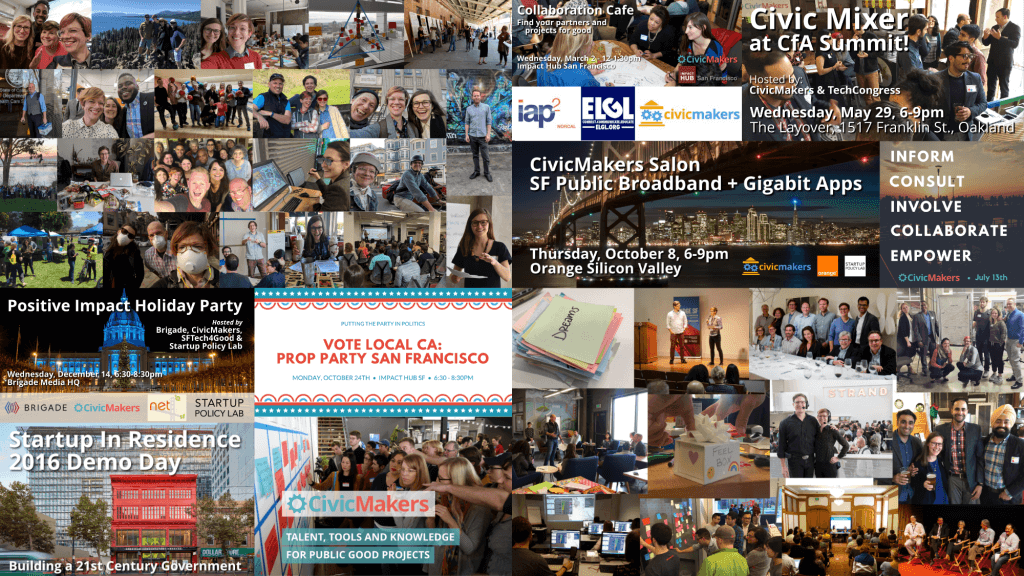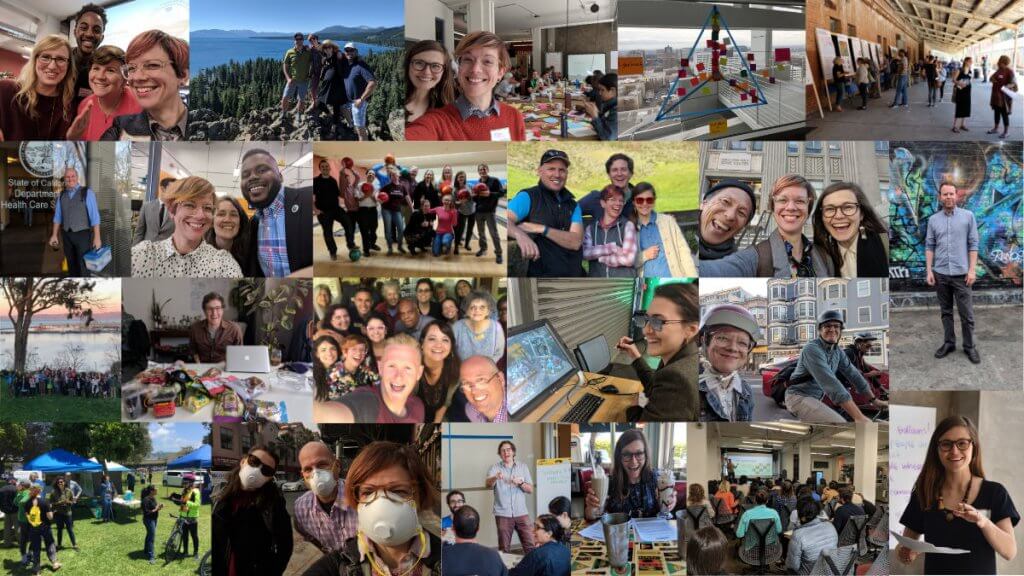Case Study
City of Alameda Strategic Plan
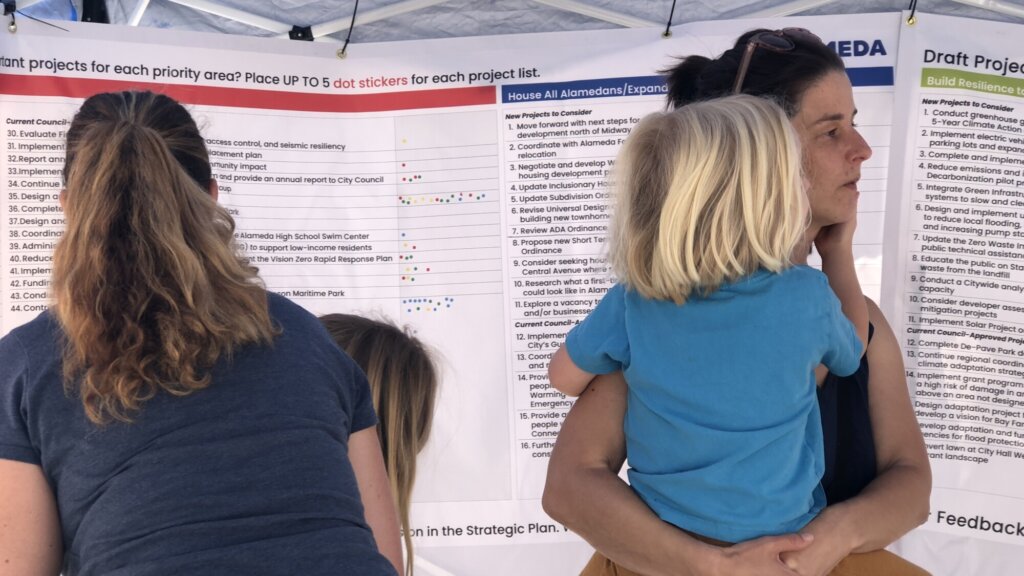
As a leading human-centered design consultancy in the San Francisco Bay Area and across California, we bring decades of interdisciplinary work with the public sector.
We have spent years bridging engagement, innovation and technology to improve governance, service delivery and public participation. We build deep and long-lasting relationships, harness the unique capacities of teams and organizations, and provide ongoing education and support for human-centered, collaborative problem solving along the way.
“CivicMakers provided a creative and engaging process to co-create a strategic plan with our Community Advisory Board, along with tools and techniques that we will continue to use in our engagement efforts.”
Danielle Garduño Community Engagement Coordinator, City of Santa Rosa
CA Community Colleges CalWORKs Association
California Department of Public Health
California Department of Technology
California Health & Human Services Agency
California Office of Statewide Health Planning and Development/ITSD
California State Library
California Teacher Development Collaborative
California Victim Compensation Board
Center for Public Interest Design
City and County of San Francisco
City of Berkeley
City of Fremont
City of Hayward
City of Mountain View
City of San Jose
City of San Rafael
City of Santa Rosa
City of Stockton
City of Walnut Creek
City of West Sacramento
Code for America
County of Santa Clara
FUSE Corps
Microsoft
Napa County
National League of Cities
Regional School of Public Administration
Richmond Community Foundation
San Francisco Bay Area Water Emergency Transportation Authority
San Francisco Committee on Information Technology
San Francisco Digital Services
San Francisco Office of Economic and Workforce Development
San Francisco Parks Alliance
San Francisco Public Utilities Commission
San Jose Human Resources Department
San Jose Office of Civic Innovation
San Jose Office of the City Clerk
Santa Clara Valley Water District
SF Tech Council
SPUR
The Pew Charitable Trusts
Voter Participation Center
Water.org
2020 tested the resilience and reliability of human-centered processes. What does it look like when we can’t be together? What…
2019 brought a number of exciting firsts for CivicMakers. We won our first city-wide strategic planning contract with the City…
2018 was a rewarding and instructive year for CivicMakers. We worked with close to 20 state and local clients; expanded…
There are many words we’ve heard used to encapsulate all that was 2017. Some of them are depressing, a few…
